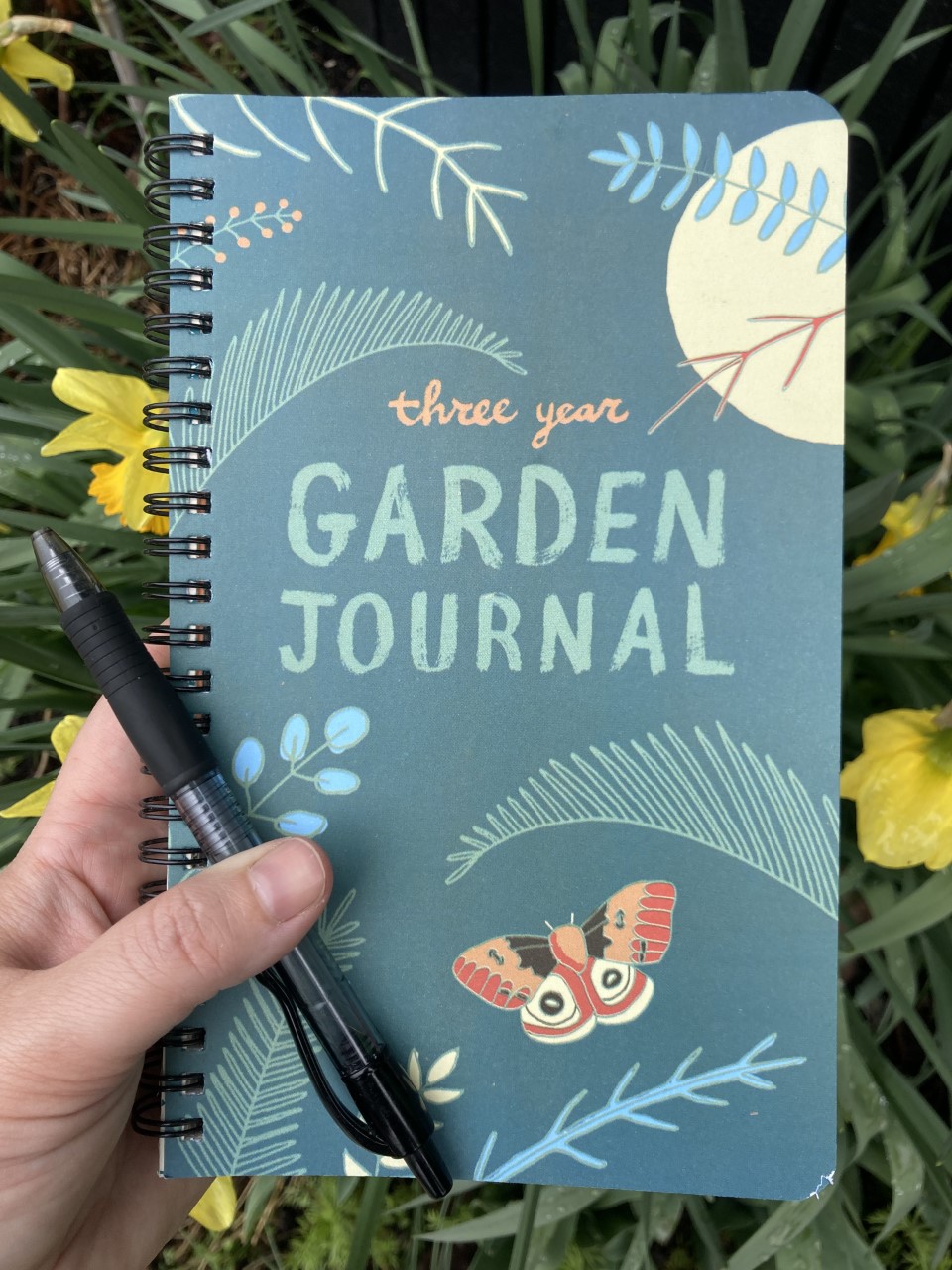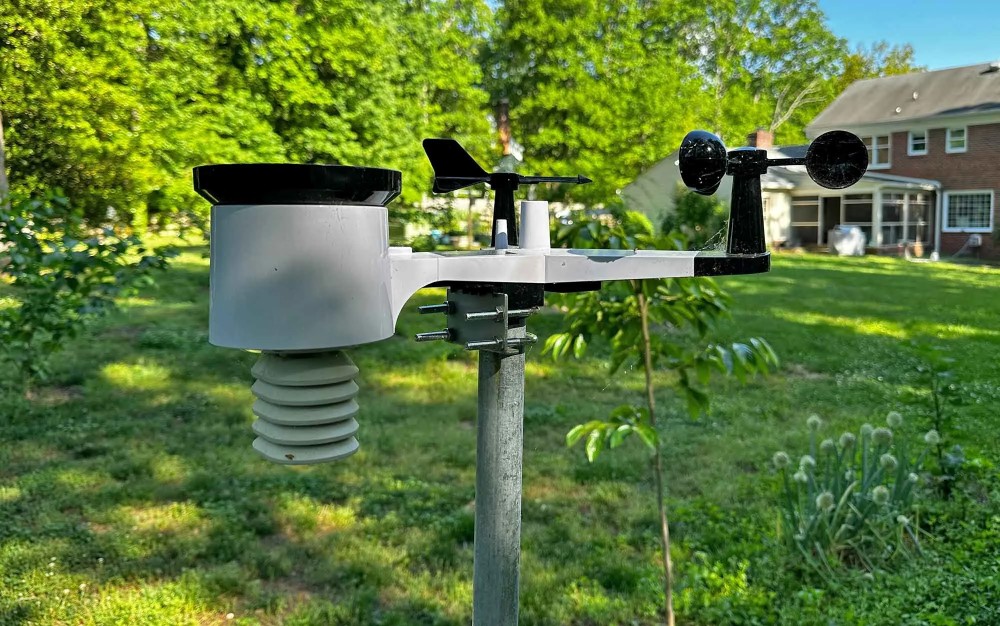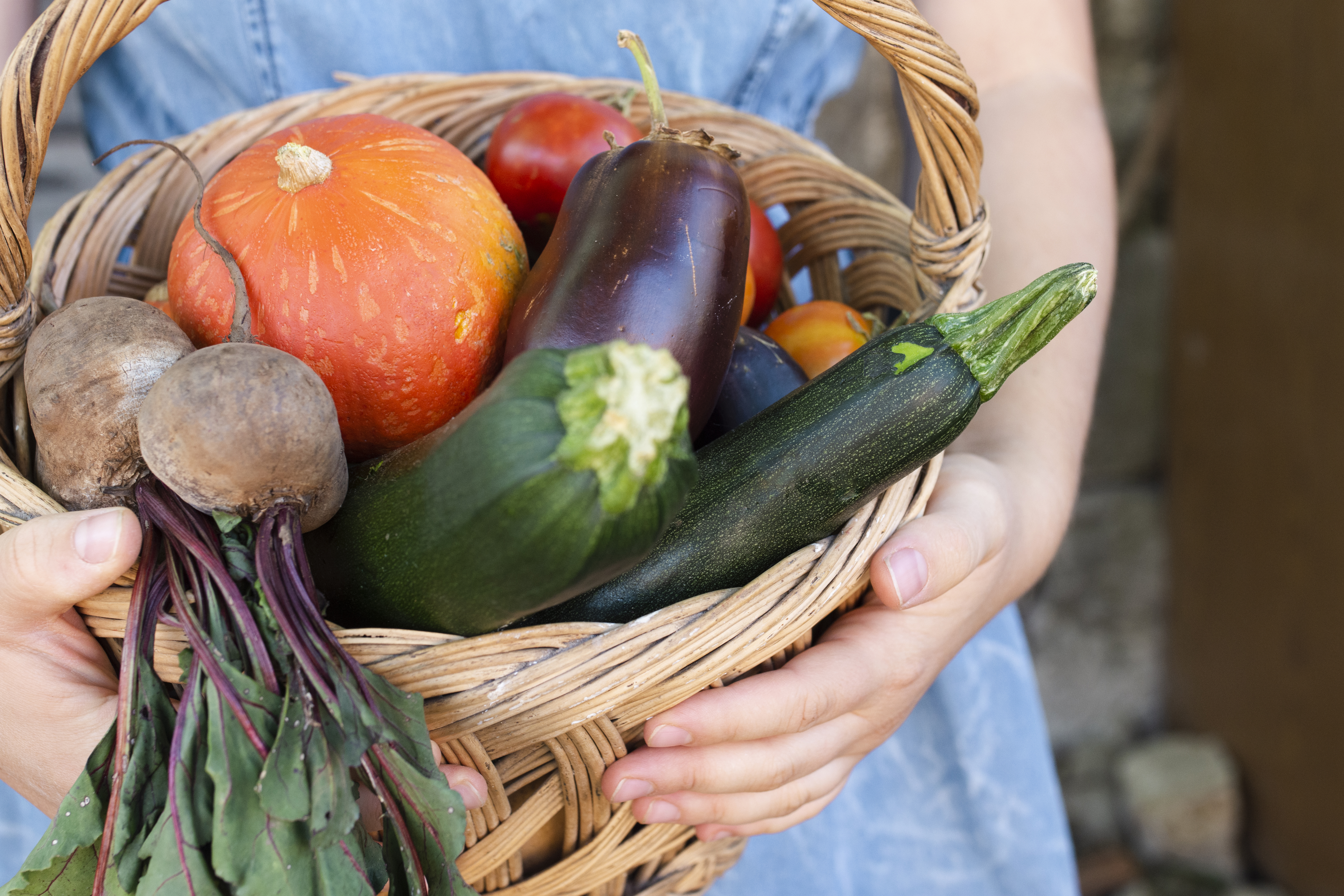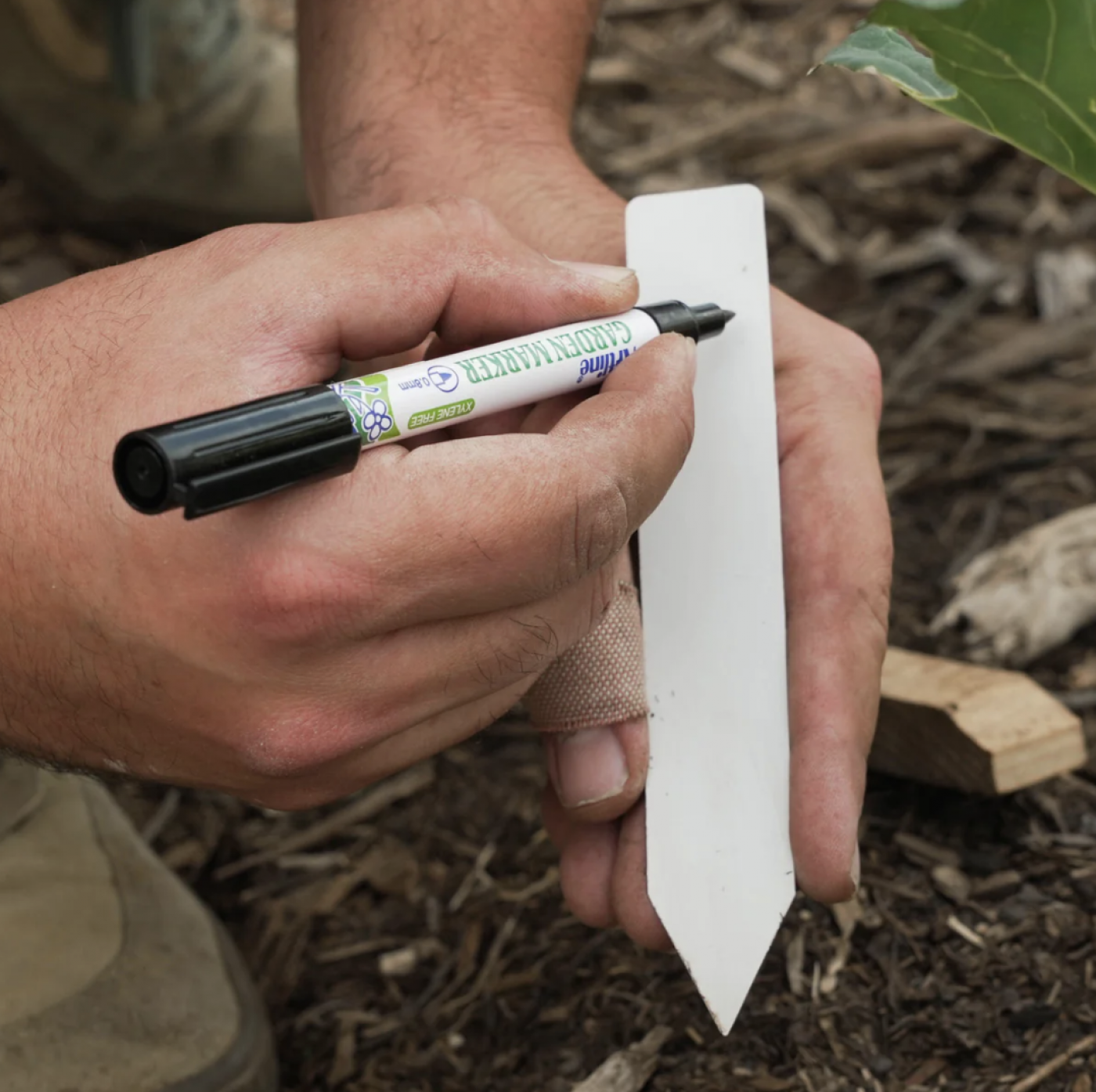· Younes · Garden Journaling · 5 min read
Why every garden enthusiast should keep a garden journal
Because it smooths out the little frictions every gardener faces.

For passionate gardeners, every plant tells a story—of effort, experimentation, and growth. But let’s be honest: gardening isn’t always seamless. There are plenty of moments where we wish we’d kept better track of things: trying to remember exactly when those potatoes were planted, wondering why last year’s lettuce bolted so quickly, or forgetting the name of that gorgeous rose cultivar that stole the show.
These aren’t big problems, but they’re the little frictions that can slow us down or make gardening a bit more complicated than it needs to be. That’s where a garden journal comes in. It’s not just about being organized—it’s about making gardening more enjoyable by keeping those details at your fingertips. Here are 10+ ways a journal can make your gardening journey smoother, more productive, and even more rewarding.
1. Never Forget When You Planted What
The Friction: How often have you found yourself staring at your vegetable patch, wondering, “When did I plant those potatoes?” You scroll through your photo gallery, hoping to spot a picture from planting day, or dig them up too early, only to find they’re not ready.
How Journaling Helps: With a garden journal, you can note the planting date and location without a second thought. When harvest time comes around, you’ll know exactly how long your crops have been growing.
- Example Entry: “April 3: Planted Yukon Gold potatoes in the south bed. Ready to harvest around mid-July.”
- Why It Matters: No more guesswork or missed harvest windows—just perfectly timed results.
2. Keep a Record of Plant Varieties You Love (or Don’t!)
The Friction: You planted the most stunning rose variety two summers ago, but now you can’t remember its name. Was it ‘Queen of Sweden’? Or maybe ‘Lady Emma Hamilton’? Without that detail, finding it again feels impossible.
How Journaling Helps: Write down every plant name and variety in your journal, along with any notes about their performance. When it’s time to replant or order more, you’ll know exactly what to look for.
- Example Entry: “2022: Planted ‘Queen of Sweden’ roses along the east fence. Soft pink blooms, light fragrance, thrived in partial shade.”
- Why It Matters: Save time and avoid disappointment by sticking to plants that truly work for you.
3. Avoid Guessing How Much Your Plants Have Grown
The Friction: Watching your plants grow is one of the best parts of gardening, but unless you take notes, it’s hard to remember just how much progress they’ve made.
How Journaling Helps: Tracking growth in your journal gives you a clear picture of your garden’s evolution. You can celebrate milestones, identify growth trends, and even spot potential health issues.
- Example Entry: “March 2023: Oak tree—8 feet tall, new branch growth visible on the east side.”
- Why It Matters: Tangible progress keeps you motivated and helps you stay proactive about plant care.
4. Learn From Last Year’s Mistakes
The Friction: Last year, you planted your lettuce in full sun, and it bolted before you could enjoy it. This year, you made the same mistake because you didn’t keep track.
How Journaling Helps: Documenting challenges, like poor placement or overwatering, ensures you remember to adjust next season. Over time, your journal becomes your personal gardening guide.
- Example Entry: “June 2022: Lettuce bolted in full sun. Try planting in partial shade next year.”
- Why It Matters: Avoiding repeat mistakes saves time, effort, and frustration.
5. Track Weather and Seasonal Trends
The Friction: Did last year’s poor harvest have something to do with all that rain in May? Or the late frost in April? Without records, it’s hard to connect the dots between weather and your garden’s performance.
How Journaling Helps: Recording weather conditions—like frost dates, rainfall, and heatwaves—helps you see patterns and plan accordingly.
- Example Entry: “April 8, 2023: Frost killed tomato seedlings. Use cloches next spring.”
- Why It Matters: Understanding your garden’s unique relationship with the weather leads to healthier plants and fewer surprises.
6. Stay Ahead of Pests
The Friction: Every year, aphids show up just as your roses start to bloom, and every year, you’re caught off guard.
How Journaling Helps: By noting pest outbreaks and their timing, you’ll know when to start preventive measures and what treatments work best.
- Example Entry: “June 15, 2022: Aphids appeared on roses. Neem oil worked after two applications.”
- Why It Matters: Journaling turns pest management into a proactive effort instead of a reactive scramble.
7. Celebrate the Best Moments in Your Garden
The Friction: Gardening isn’t just work—it’s joy. But without a record, it’s easy to forget those little victories, like the first bloom or the bumper strawberry harvest.
How Journaling Helps: Capturing your garden’s milestones lets you relive those moments and appreciate your progress.
- Example Entry: “July 15, 2023: First sunflower bloom! Bright yellow, 6 feet tall. Bees everywhere!”
- Why It Matters: Reflection and celebration are key to staying motivated and loving the process.
8. Plan Future Seasons with Confidence
The Friction: Without a record of what worked (and what didn’t), planning for next year feels like starting from scratch.
How Journaling Helps: Reviewing past entries helps you repeat successes and make smarter decisions for the next growing season.
- Example Entry: “Zinnias thrived in the south bed with full sun. Move dahlias there next year for better blooms.”
- Why It Matters: A well-kept journal takes the guesswork out of gardening.
9. Pass On Your Garden’s Story
The Friction: Your garden is full of knowledge and memories, but without documentation, its story is lost.
How Journaling Helps: Your garden journal can become a treasure for others—family, friends, or even future owners of your home. It’s a legacy of your hard work and creativity.
- Example Entry: “2023: Designed pollinator garden in west corner—loved by bees and butterflies!”
- Why It Matters: Sharing your insights can inspire others and keep your garden’s spirit alive.
Start Smoothing Out Your Gardening Journey Today
Every gardener faces these little frictions—moments where we wish we’d remembered a detail or tracked a change. A garden journal solves these challenges, making your gardening journey smoother, more productive, and ultimately more rewarding.
Whether you prefer a classic notebook or a modern app like Florish, start simple: jot down what you plant, where, and when. Over time, your journal will grow into an invaluable tool that helps you—and your garden—flourish. 🌱





